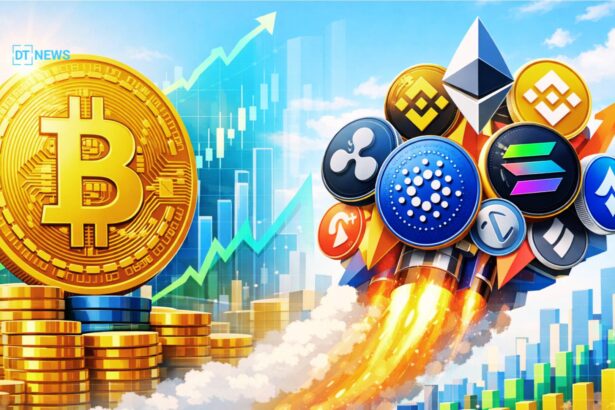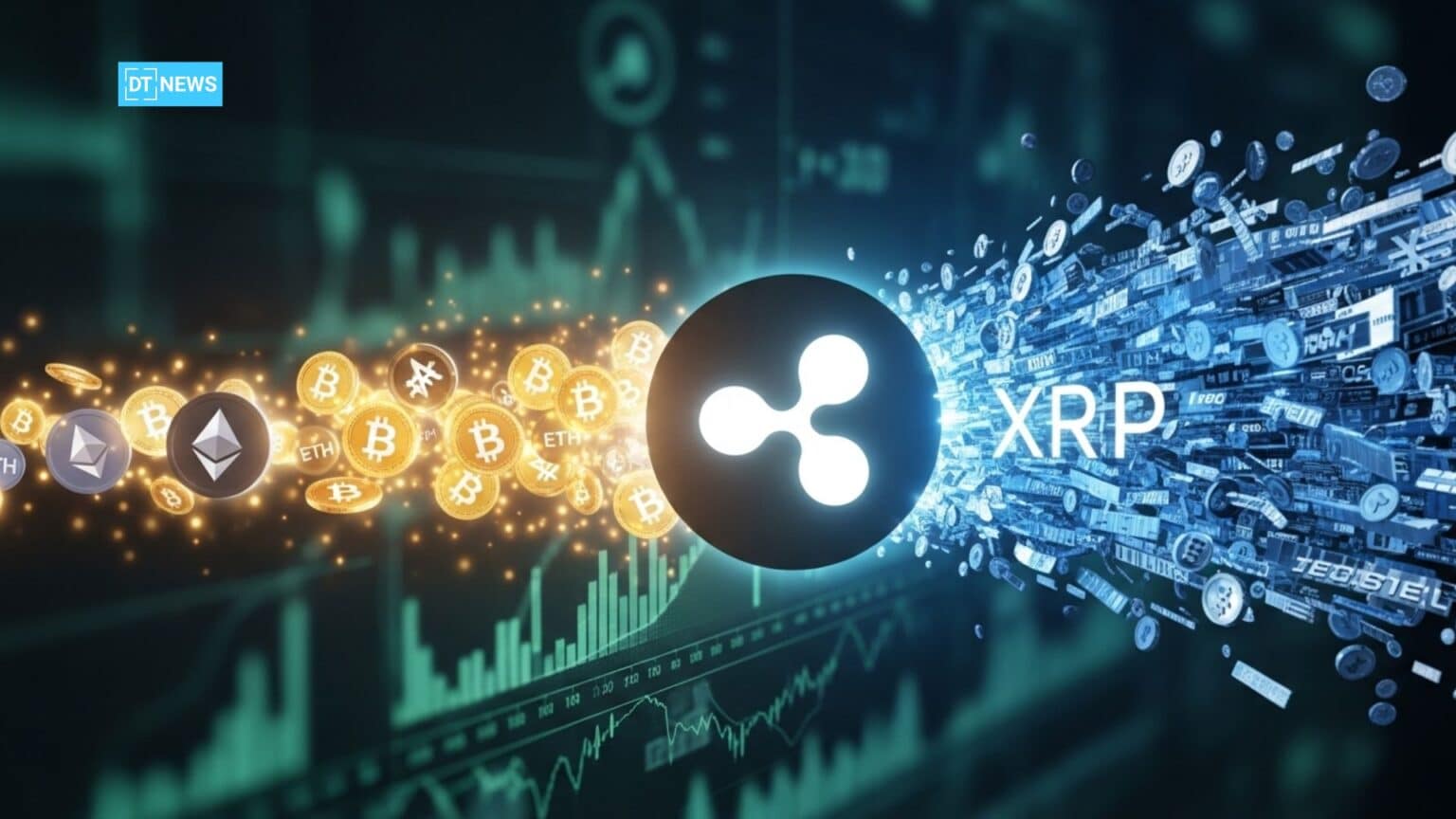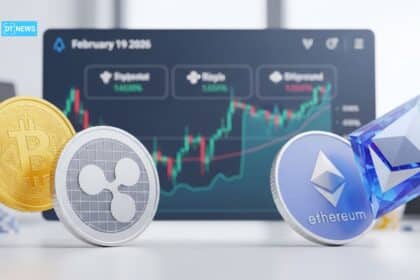ProShares IQMM Targets Stablecoin Reserves as New Rules Tighten in 2026
This article was first published on Deythere. Reserve management is becoming a real…
Eric Trump Bitcoin Prediction: $1M Target as Institutions Embrace Crypto
Eric Trump Bitcoin prediction became public this week as a long-term view…
Crypto Market Today: Bitcoin, XRP, Ethereum React to ETF Flows
This article was first published on. Deythere. The crypto market today shows…
Fed Rate Hikes Loom as Inflation Data Keeps Markets Cautious
This article was first published on Deythere. Fed rate hikes have returned to…
WLFI Price Analysis: 25M Whale Withdrawal Fuels Bottom Talk Near $0.0979
This article was first published on Deythere. Whale positioning has pushed WLFI into…
Stablecoin Yield Meeting Could Reshape U.S. Crypto Regulation
This article was first published on Deythere. A stablecoin yield meeting could arrive…
Bitcoin Crypto Winter: Saylor Predicts Strong Rebound Ahead
This article was first published on Deythere. Bitcoin crypto winter is dominating…
Polygon Overtakes Ethereum in Daily Fees, Led by Polymarket Volume Spike
This article was first published on Deythere. An unusual occurrence in blockchain…
Crypto vs Wall Street: Why the Gap Keeps Widening in 2026
A familiar argument is turning into a real power struggle. On one…
Robert Kiyosaki Says Bitcoin Crash Signals Bigger Collapse
This article was first published on Deythere. Robert Kiyosaki's Bitcoin crash returned…








































